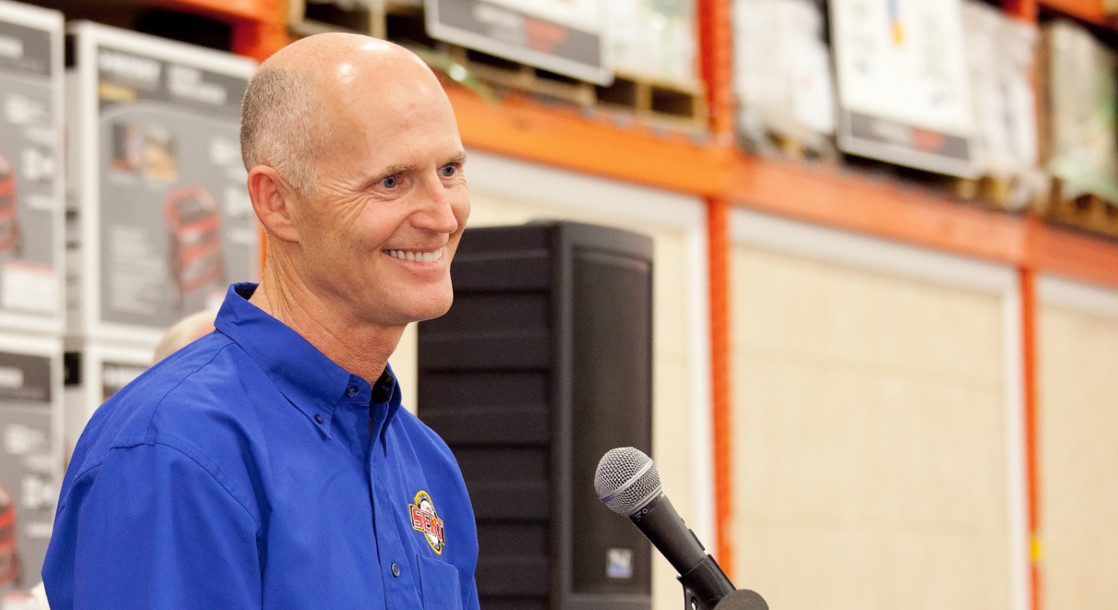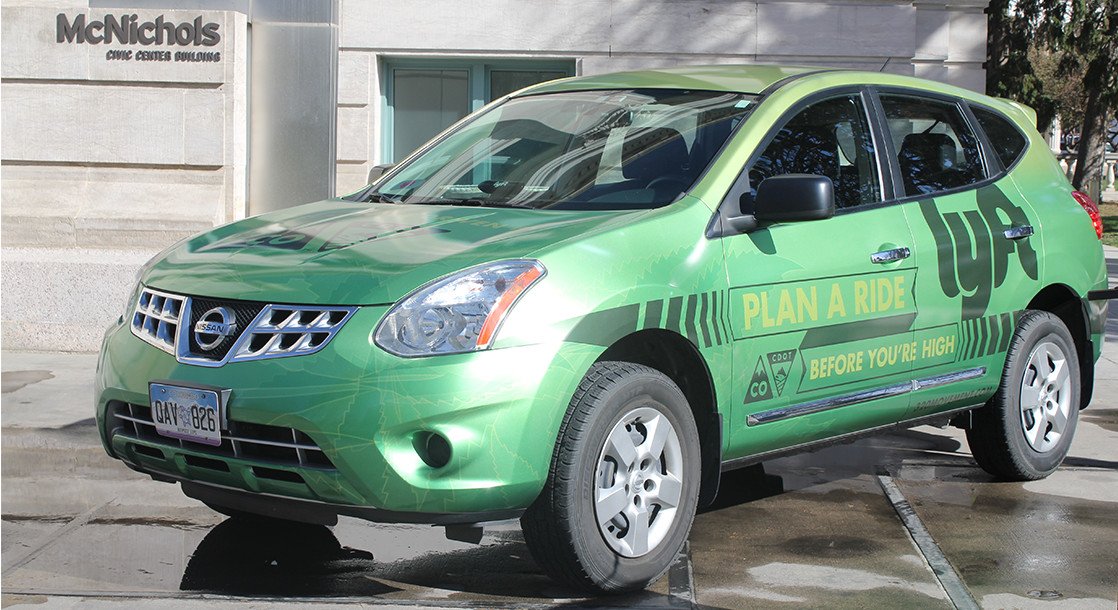After an exhausting round of negotiations, the Florida Legislature finally managed to come to terms with a medical marijuana bill last week at the end of a three-day special session.
The measure, which was supported in a vote of 26-to-6 in the Senate and 103-to-9 in the House, is not set to go before Governor Rick Scott, who says he will “absolutely” sign it into law.
"They worked hard to get a bill that made sense. I think, in anything like this, there's a process on how to make things better," Scott told the Associated Press.
At the core of the bill, patients with 10 qualifying conditions, including cancer, epilepsy, glaucoma, HIV, AIDS, post-traumatic stress disorder, ALS, Crohn’s disease, Parkinson’s disease, multiple sclerosis or other, similar conditions, will be allowed access to cannabis products. These patients will have the freedom to choose between a low-THC version, which has been allowed for the past year under the Charlotte’s Web initiative, and full strength marijuana.
However, no smoking of cannabis will be allowed. Lawmakers in both chambers said from the beginning of the negotiation process that patients should not be allowed to “smoke” their medicine. This despite the language of Amendment 2, which was approved by over 70 percent of the voters in last November’s election, specifically calling for patients to be allowed to smoke marijuana.
Orlando attorney John Morgan, the man who spearheaded the campaign to legalize medical marijuana, said again last week that he plans to sue the state to have this restriction lifted.
"There are four places listed in the amendment that call for smoking," Morgan said. "I don't know why they would object to anyone on their death bed wanting to use what they wanted to relieve pain and suffering."
But before a patient can begin to purchase medical marijuana, he or she must find a doctor willing to provide them with a recommendation. The bill passed last week requires physicians interested in adding medicinal cannabis to their repertoire to take a two-hour training course before they can so much as utter the word marijuana.
Doctors who have invested in the cannabis industry are also prohibited from participation.
Perhaps the biggest roadblock in crafting the state’s medical marijuana legislation was the number of licenses it should allow. Under the new bill, each license (10 of them new) will be entitled to open 25 dispensaries. These businesses will subsequently be allowed to open an additional five dispensaries for every 100,000 patients.
Some of the latest predictions show that Florida could see as many as 500,000 patients as soon as the new medical marijuana program gets off the ground. The state presently has only a little over 16,000 registered patients, according to the Department of Health.
Once Governor Scott signs the bill, the state is required to allocate $750,000 for medical marijuana research, the goal being to learn more about the potential therapeutic benefits of the cannabis plant.
Patients can immediately begin to call on doctors for medical marijuana recomendations.











